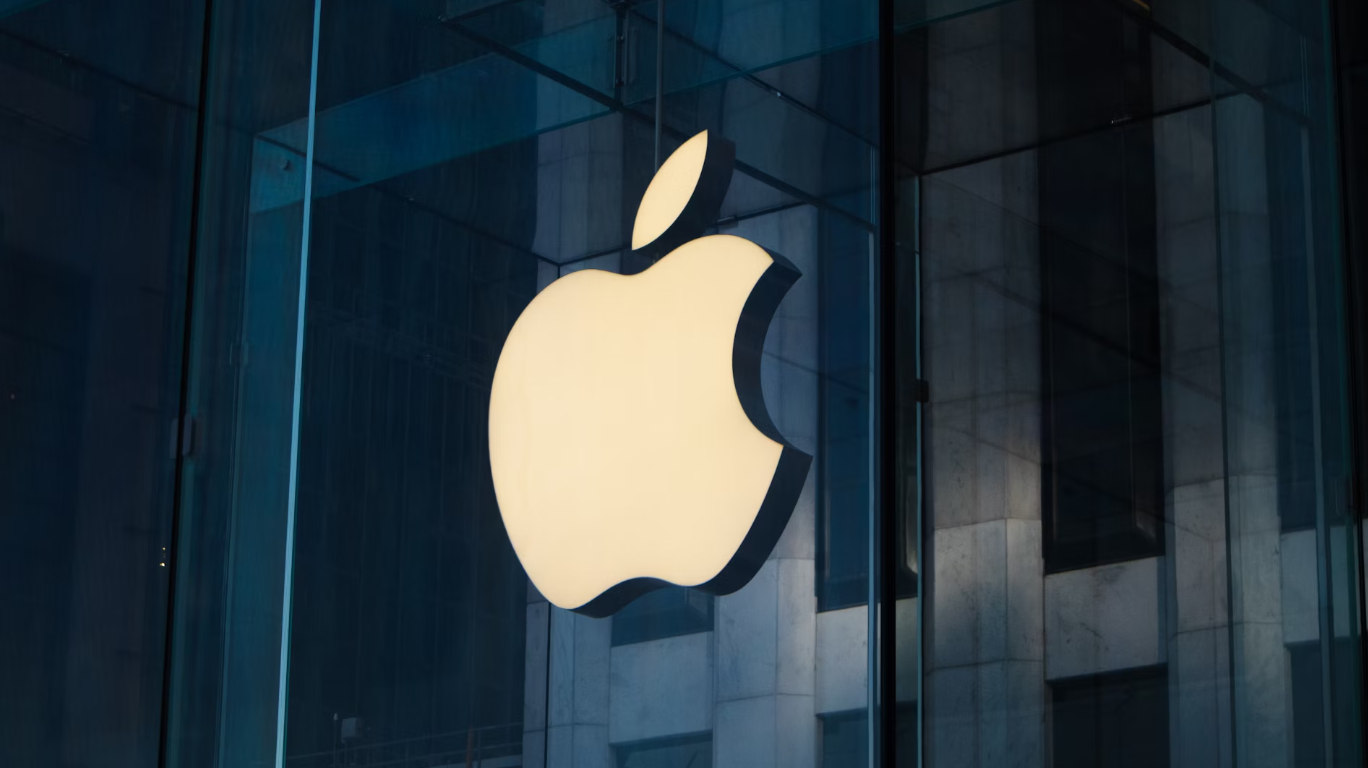The Biggest Tech News of 2025 So Far: A Global Roundup
As we move further into 2025, the world of technology is experiencing rapid advancements, major investments, and changes to rules and regulations. From breakthroughs in artificial intelligence (AI) to growing concerns over data infrastructure and cybersecurity, here’s a roundup of some of the most significant tech stories from around the world so far this year.
Artificial Intelligence: The Next Phase of Innovation

AI continues to be a dominant force in global technology discussions. In January, OpenAI announced the next evolution of its language model, pushing the boundaries of natural language processing with greater efficiency and improved ethical safeguards. Meanwhile, Google DeepMind and Meta have both revealed new AI research focused on enhancing decision-making in complex real-world scenarios, from medical diagnostics to climate modelling.
At the Paris AI Action Summit, nearly 100 nations gathered to debate the future of AI regulation. The European Union pledged an additional €50 billion towards AI research and innovation, aiming to keep pace with the US and China. However, differences in regulatory approaches were evident, with the US and UK refraining from signing a declaration advocating for AI safety measures, citing concerns over overregulation stifling innovation.
The Rise of Data Infrastructure and Cloud Computing
The demand for data storage and processing power is surging globally. According to industry reports, data centre capacity in 2025 is expected to grow by 40% compared to last year, particularly in key markets like North America, Asia, and parts of Europe.
India has emerged as a major hub for data infrastructure investment, with companies like Amazon Web Services (AWS) and Microsoft planning multi-billion-dollar expansions to meet the growing demand for cloud services. In the US, major data centre projects are underway in Virginia and Texas, while Chinese tech giants such as Alibaba and Tencent are ramping up efforts to expand their cloud infrastructure domestically and across Southeast Asia.
Cybersecurity Challenges in a Digital-First World
With increasing reliance on digital technology, cybersecurity remains a critical issue. So far in 2025, multiple high-profile cyberattacks have been reported. A ransomware attack targeting a major healthcare provider in the US disrupted services across multiple states, while European banking institutions have faced heightened threats from organised cybercrime networks.

In response, governments and tech companies are doubling down on cybersecurity measures. The Biden administration recently unveiled a new national cybersecurity strategy, increasing funding for AI-powered threat detection. Meanwhile, the European Union and the UK are working on stricter regulations to hold businesses accountable for data breaches and security lapses.
Tech Investments and the Global Economic Landscape
Despite economic uncertainties, venture capital (VC) funding for technology remains strong. In Asia, significant investments are flowing into semiconductor manufacturing, with South Korea and Taiwan leading the charge in next-generation chip production. The US is also investing heavily in domestic semiconductor production following the CHIPS Act, aimed at reducing dependence on foreign suppliers.
Meanwhile, in Europe, technology investments are increasingly directed towards defence and resilience technologies. The ongoing conflict in Ukraine has pushed European nations to prioritise cybersecurity, AI-driven defence systems, and energy resilience projects. This has led to record VC investments in these sectors, accounting for an estimated 10% of all European funding in early 2025.
Quantum Computing: A New Era Approaches

Quantum computing is making significant strides this year, with IBM and Google announcing breakthroughs in quantum error correction, a key step towards making these powerful computers practical for real-world applications. China’s quantum research initiatives are also advancing rapidly, with reports suggesting that researchers have successfully demonstrated quantum supremacy in complex simulations.
As nations and corporations compete for dominance in this field, discussions around quantum encryption and its implications for global security are becoming more prominent. Governments are now considering long-term policies to prepare for a world where traditional encryption methods may no longer be secure.
The Future of Technology in 2025 and Beyond
The first months of 2025 have highlighted both the vast potential and the challenges that come with rapid technological growth. AI continues to revolutionise industries, cybersecurity threats are becoming more sophisticated, and investments in data infrastructure and quantum computing signal a future shaped by cutting-edge innovation.
As nations and corporations navigate this evolving landscape, one thing is clear: the pace of technological change is accelerating, and staying ahead requires constant adaptation and strategic investment. With major breakthroughs expected in AI, cloud computing, and cybersecurity, the rest of 2025 promises to be just as dynamic as the year’s opening months.



